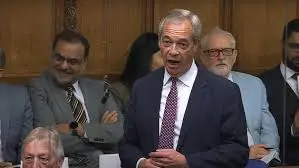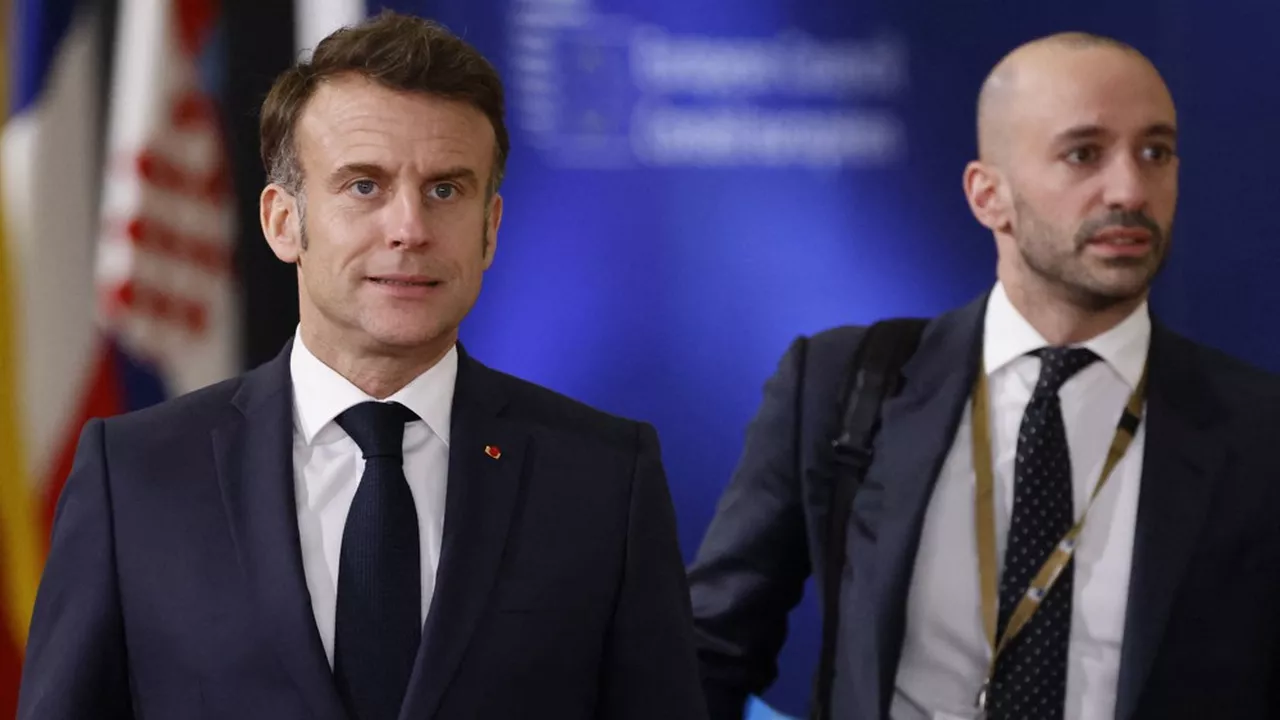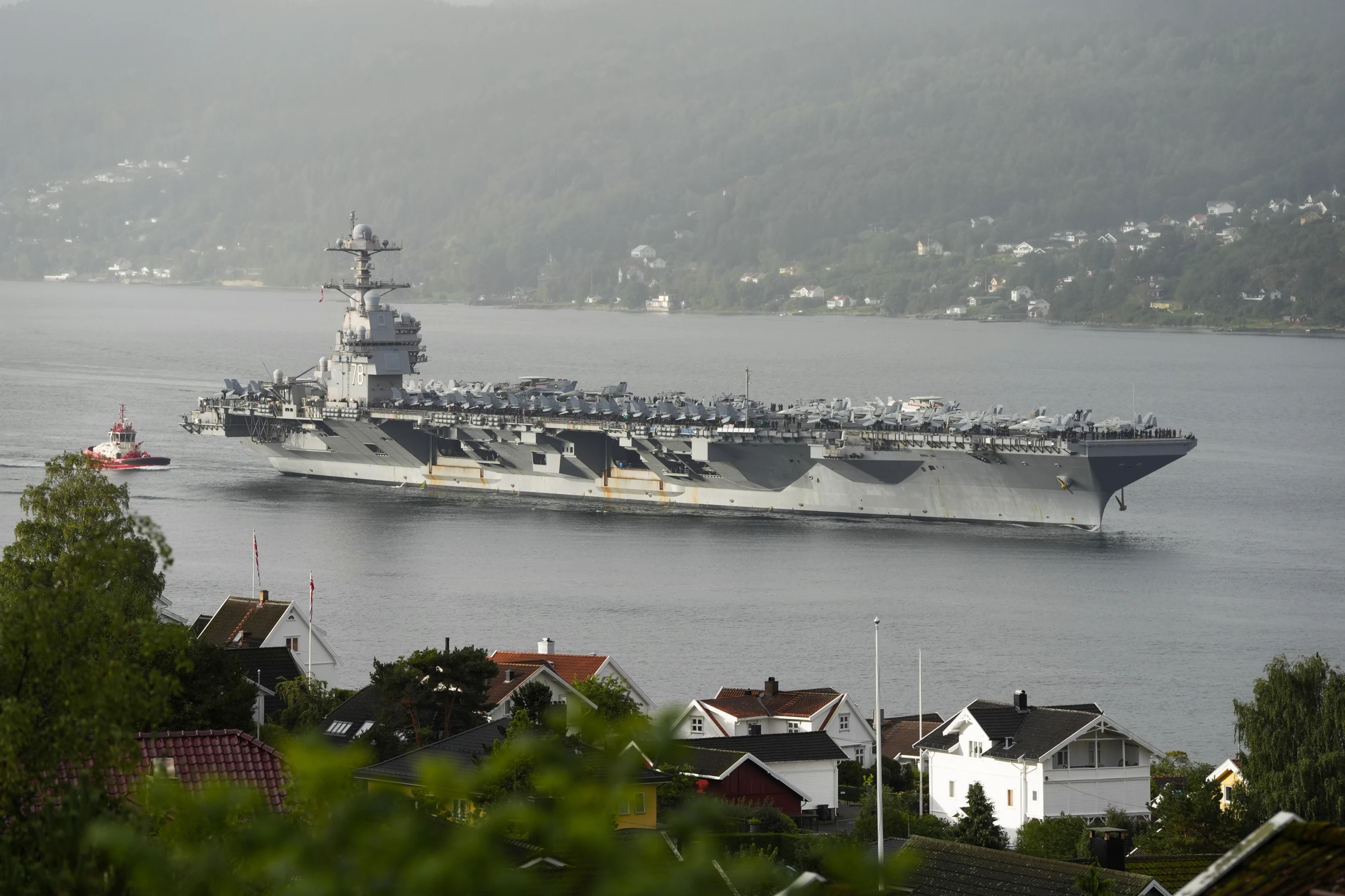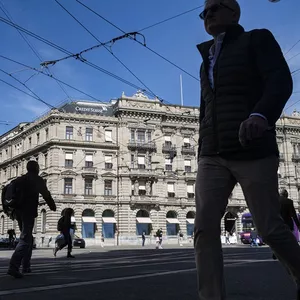Farage Calls for Ban on Male Small Boat Migrants Entering UK
Nigel Farage has reignited the UK’s immigration debate by calling for a blanket ban on male migrants arriving via small boats—sparking outrage from rights groups and deepening the political divide ahead of the general election.
Nigel Farage, the Reform UK leader and longtime Brexit figurehead, has stirred controversy by calling for the United Kingdom to refuse entry to male migrants arriving via small boats across the English Channel. In remarks made during a campaign rally and later echoed on national media, Farage said the UK must 'draw a hard line' and ban all single adult males from entering through what he described as 'illegal and unsafe routes'. The comments, which come as illegal Channel crossings continue to rise in the summer months, have ignited sharp criticism from human rights organizations, refugee advocates, and political opponents, who say the proposal violates international asylum law and moral obligations under the Refugee Convention.
Farage’s Argument: National Security and Social Strain Farage justified his stance by arguing that the vast majority of small boat arrivals are "economic migrants, not genuine refugees," and that many are "young men of fighting age" who place pressure on housing, healthcare, and public safety. > “Britain has a right to defend its borders. We cannot keep accepting thousands of young men, mostly without documentation, who come here illegally.
It’s unfair to British taxpayers and to women and children genuinely in need of protection,” he said. Farage emphasized that his proposed ban would apply specifically to adult male migrants , and that families, women, and minors would still be allowed to apply for asylum through a controlled and legal process. Political Reaction: Deepening Divides The proposal has been widely condemned by political opponents: - Labour leaders called it “dangerous, divisive rhetoric” designed to distract from the government’s failure to manage immigration.
- Liberal Democrats said it violates basic human rights and could endanger lives by encouraging more desperate crossings. - Conservative Party members were split—some MPs aligned with Farage’s view, while others warned that such a policy could face legal challenges and international backlash. Prime Minister Rishi Sunak has not formally commented, but Home Office officials privately indicated the government has no current plan to adopt such a measure.
Legal and Humanitarian Concerns Experts say a blanket ban on male small boat migrants could violate: - The 1951 UN Refugee Convention , which guarantees the right to seek asylum regardless of gender or mode of entry. - The European Convention on Human Rights , which the UK is still party to. Enver Solomon, CEO of the Refugee Council, warned that such policies would lead to "further dehumanization of vulnerable people" and argued that many male asylum seekers flee persecution, forced conscription, or political oppression.
> “Some of the bravest human rights activists, journalists, and dissidents around the world are men forced to flee. You can’t reduce asylum claims to gender-based quotas,” he said. Public Opinion and Polling While Farage’s remarks have drawn condemnation from rights groups, early polling suggests a mixed response from the public: - Some voters, particularly in coastal areas impacted by Channel crossings, express support for stricter measures.
- Others view the rhetoric as fear-mongering and worry it could escalate anti-immigrant sentiment. A recent YouGov poll found that 42% of respondents supported 'more restrictive measures on illegal migration,' but only 19% supported banning entry based solely on gender. A Campaign Flashpoint Farage’s comments are part of a broader strategy by Reform UK to position itself as the toughest party on immigration.
The issue has become a central pillar of their campaign ahead of the upcoming general election, especially as Conservative support among right-leaning voters continues to splinter. Critics fear that as the rhetoric escalates, migrant safety and civil discourse could be casualties of the political fight. Conclusion: A Polarizing Proposal With Legal Hurdles Farage’s call to ban male small boat migrants has thrown fuel on an already fiery immigration debate in the UK.
While it may energize segments of the electorate concerned with border control, it also raises serious legal, ethical, and diplomatic questions. Whether this proposal gains traction or fades under scrutiny, it has already succeeded in putting immigration back at the center of the nation’s political battleground.
23rd july 2025



